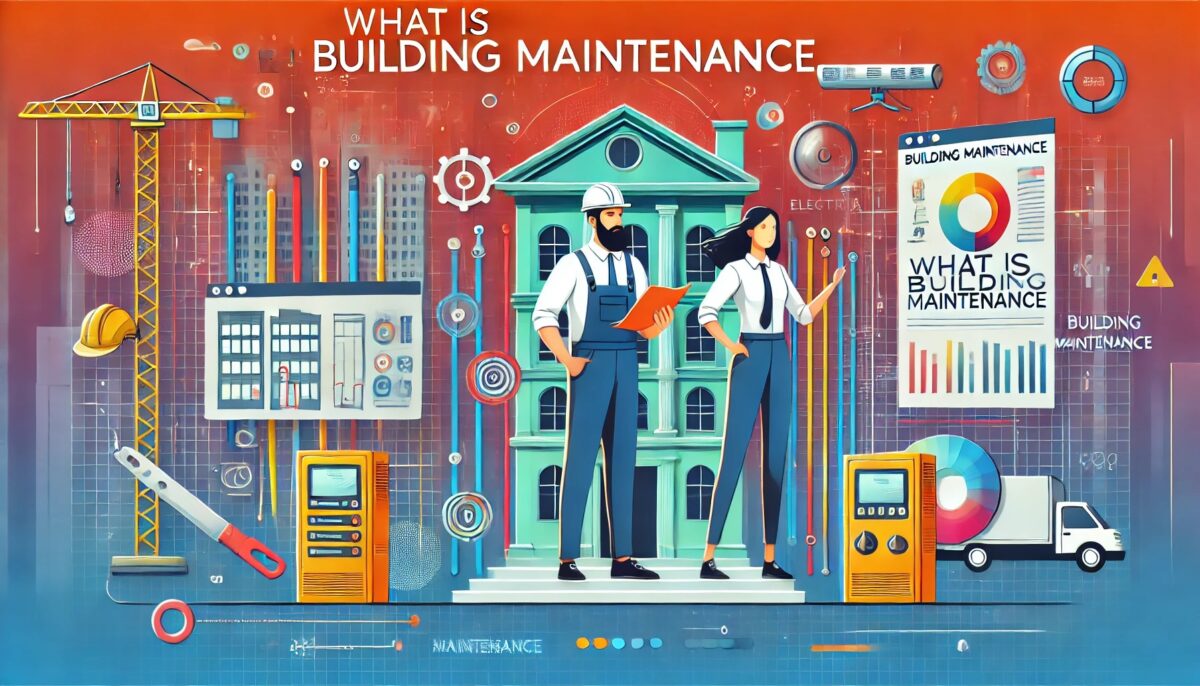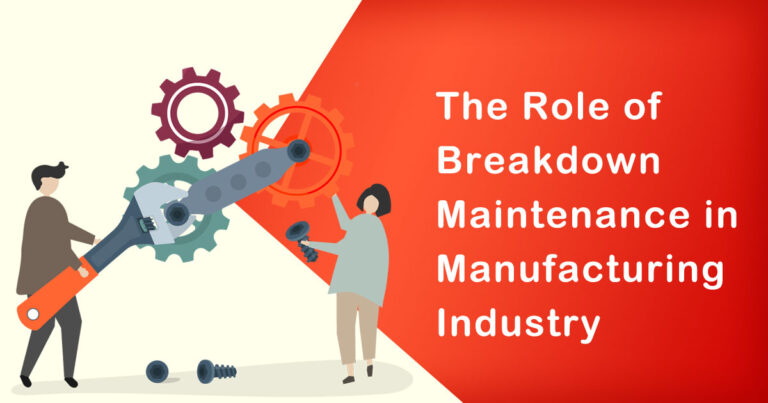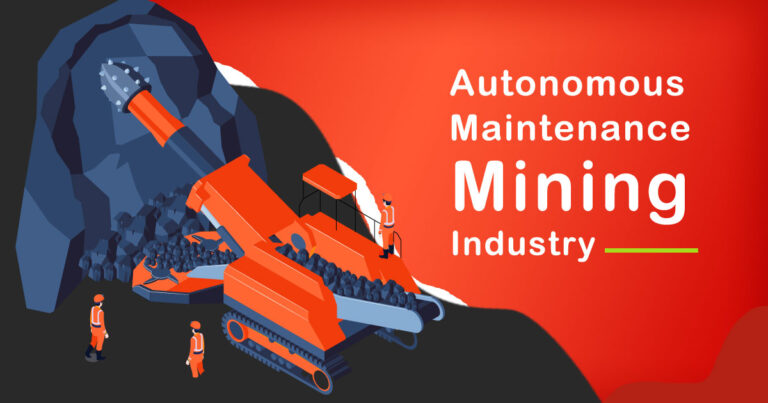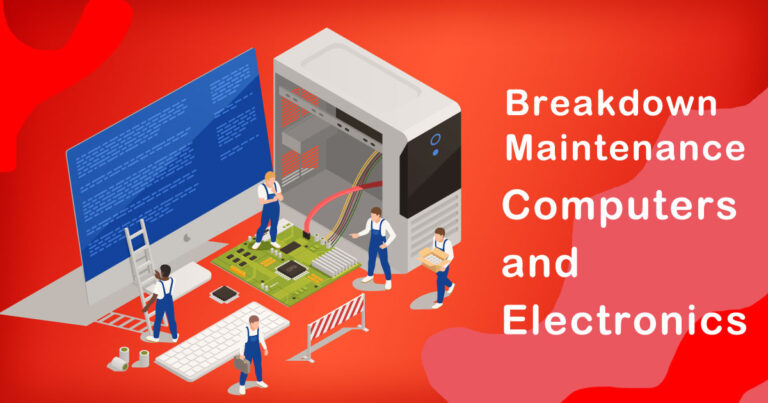Introduction
In the bustling landscape of urban India, the upkeep and maintenance of buildings play a pivotal role in ensuring safety, longevity, and sustainability. Building maintenance encompasses a spectrum of activities aimed at preserving and enhancing the condition of structures, from residential apartments to commercial complexes and industrial facilities. This comprehensive guide delves into the intricacies of building maintenance, its importance, key practices, challenges, and regulatory aspects within the Indian context.
Importance of Building Maintenance
Building maintenance goes beyond cosmetic enhancements; it is essential for structural integrity, occupant safety, and operational efficiency. In India, where diverse climatic conditions prevail, proactive maintenance becomes even more critical to withstand monsoons, heat waves, and other environmental challenges.
Preserving Asset Value:
Regular maintenance helps prevent deterioration and ensures that buildings retain their market value over time. For property owners and managers, this translates into sustainable investments and reduced long-term costs.
Ensuring Safety and Compliance:
Compliance with building codes and safety regulations is paramount. Maintenance activities such as electrical inspections, fire safety checks, and structural assessments are necessary to mitigate risks and ensure legal compliance.
Enhancing Energy Efficiency:
With rising energy costs and environmental concerns, optimizing energy use through maintenance practices such as HVAC system maintenance, insulation checks, and lighting upgrades can lead to substantial savings and reduce carbon footprints.
Improving Tenant Satisfaction:
Well-maintained buildings contribute to tenant comfort, satisfaction, and retention. Residential complexes and commercial spaces that offer reliable maintenance services often attract and retain occupants more effectively.
Key Practices in Building Maintenance
Building maintenance encompasses a range of activities tailored to address specific needs and challenges of different types of buildings:
Routine Inspections and Repairs:
Regular inspections of building systems and components (electrical, plumbing, HVAC, etc.) help identify minor issues before they escalate into costly repairs. Timely repairs and replacements of worn-out parts extend the lifespan of building systems.
Preventive Maintenance Programs:
Scheduled maintenance programs include tasks like cleaning gutters, inspecting roofs, servicing elevators, and testing safety equipment. Preventive maintenance aims to preemptively address potential failures and ensure continuous operation of essential building systems.
Emergency Response Planning:
Preparedness for emergencies such as fires, floods, and natural disasters is integral to building maintenance. Establishing emergency protocols, training staff, and maintaining emergency equipment are essential components of proactive maintenance strategies.
Sustainable Practices:
Incorporating sustainable practices like rainwater harvesting, waste management, and green building certifications (such as IGBC in India) not only enhances environmental performance but also aligns with regulatory requirements and societal expectations.
Challenges in Building Maintenance
Despite its importance, building maintenance in India faces several challenges:
Budget Constraints:
Limited budgets often restrict the scope of maintenance activities, leading to deferred maintenance and potential risks to building occupants and assets.
Skill Shortages:
The availability of skilled labor for specialized maintenance tasks such as HVAC maintenance, electrical repairs, and facade cleaning can be a challenge, affecting service quality and timelines.
Regulatory Compliance:
Keeping abreast of evolving building codes, environmental regulations, and safety standards requires continuous education and adherence, which can be demanding for property managers and maintenance teams.
Technological Integration:
Embracing technology for predictive maintenance, energy management systems, and digital documentation requires investment and expertise, posing a barrier for many organizations.
Regulatory Aspects of Building Maintenance
In India, building maintenance must comply with various regulatory frameworks, including:
Local Building Codes:
Each state and municipality may have specific building codes that govern construction standards, fire safety, and structural integrity.
Occupational Health and Safety:
Compliance with labor laws and safety regulations ensures worker protection during maintenance activities.
Environmental Regulations:
Guidelines for waste disposal, water management, and energy efficiency contribute to sustainable building practices.
Future Trends and Innovations
Looking ahead, technological advancements such as Building Information Modeling (BIM), Internet of Things (IoT)-enabled sensors, and predictive analytics are poised to revolutionize building maintenance practices in India. These innovations promise to enhance efficiency, reduce downtime, and optimize resource utilization, making proactive maintenance more accessible and effective.
Conclusion
In conclusion, building maintenance in India is not just about preserving physical structures; it is about safeguarding investments, ensuring safety, and promoting sustainability. By embracing proactive maintenance strategies, leveraging technological innovations, and navigating regulatory landscapes effectively, stakeholders can uphold the integrity of buildings while enhancing their value and resilience in a dynamic urban environment. As India continues to urbanize and expand its built infrastructure, the role of building maintenance will only grow in significance, shaping the quality of life for millions across the country. Building maintenance is a cornerstone of responsible property management and urban development, reflecting a commitment to safety, sustainability, and enduring quality in India’s evolving architectural landscape.








